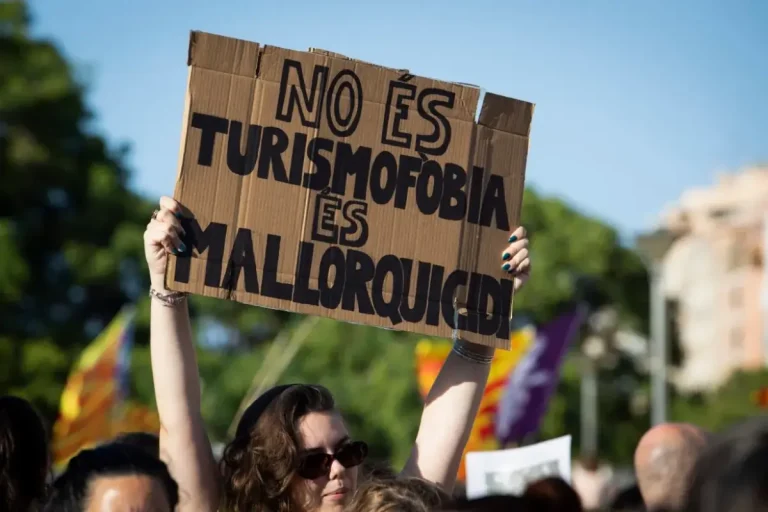🎧 Listen to This Article
In a dramatic shift aimed at reclaiming housing for residents, Spain has launched a sweeping crackdown on overtourism and foreign real estate speculation fueled by the removal of over 65,000 Airbnb listings and a proposed 100% property tax on foreign buyers.
The housing crisis in Spain has reached a critical tipping point. Years of skyrocketing rents, surging tourism, and aggressive foreign investment, particularly in high-demand cities like Madrid and Barcelona, have made affordable housing a vanishing commodity. In response, the Spanish government is rolling out some of Europe’s boldest reforms.
Tourism vs. Livability
Spain’s Consumer Rights Ministry spearheaded the purge of tens of thousands of short-term rentals, primarily on platforms, after identifying widespread regulatory violations, including fake license numbers and untraceable ownership. Madrid’s High Court ultimately struck down Airbnb’s appeal in late 2024.
Barcelona has gone even further, announcing a complete ban on all 10,000 short-term rentals by 2028. “The aim is simple,” a city official said. “Put residents first again.”
Meanwhile, protests erupted across regions like Mallorca, Catalonia, and the Basque Country last year, with citizens demanding relief from rents that have soared up to 80% over the previous decade.
Taxing Foreign Buyers: A Radical Move
Spanish Prime Minister Pedro Sánchez has also proposed a 100% tax on foreign property purchases to deter overseas investors from snapping homes in already stressed markets. In 2023 alone, British nationals accounted for nearly 20% of all real estate purchases in Spain.
The government’s decision to end the golden visa program earlier this year also sent a strong message. Nearly all investor visas previously granted in exchange for property purchases of €500,000 or more had gone to high-demand urban areas, exacerbating the crisis.
“We cannot allow our cities to become playgrounds for global investors while working families are pushed out,” Sánchez said.
The Role of Digital Nomads and Airbnb
Alongside foreign investors, digital nomads have reshaped the rental landscape, incentivizing landlords to shift to short-term stays for higher profits. Airbnb argues the solution lies not in regulation but in ramping up housing construction, a point echoed by the Bank of Spain, which estimates a need for 1.5 million new social rental units to meet EU standards.
Still, the government insists on a multi-pronged approach, including aggressively punishing owners who keep properties vacant and taxing short-term rentals.
Balancing Growth and Livability
While Spain plans to welcome 1 million new foreign workers and regularize undocumented migrants over the next three years, its simultaneous housing push reflects a broader goal: balancing the economic benefits of tourism and immigration with the right of residents to secure affordable housing.
European activists are set to stage coordinated protests on June 15 across the EU, calling for urgent limits on overtourism and its cascading effects, underscoring that Spain’s crisis is not an outlier but a glimpse of a wider continental dilemma.
As Spain recalibrates, it offers a powerful case study in choosing livability over unchecked growth, one that may shape urban policies across Europe in the years ahead.
For further details, clarification, contributions, or any concerns regarding this article, please get in touch with us at editorial@tax.news. We value your feedback and are committed to providing accurate and timely information. Please note that our privacy policy will handle all inquiries.



